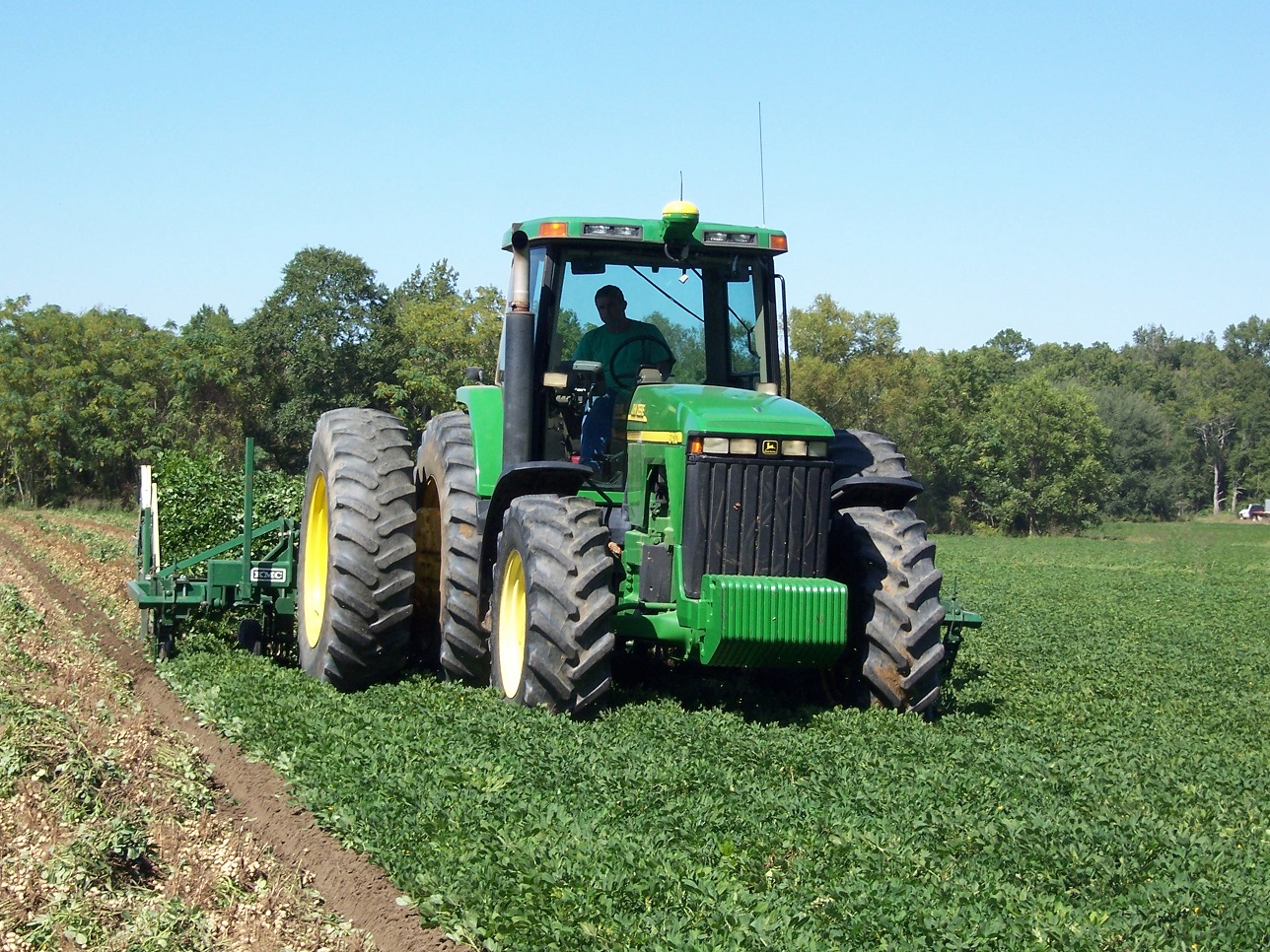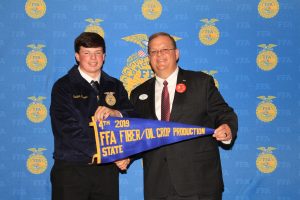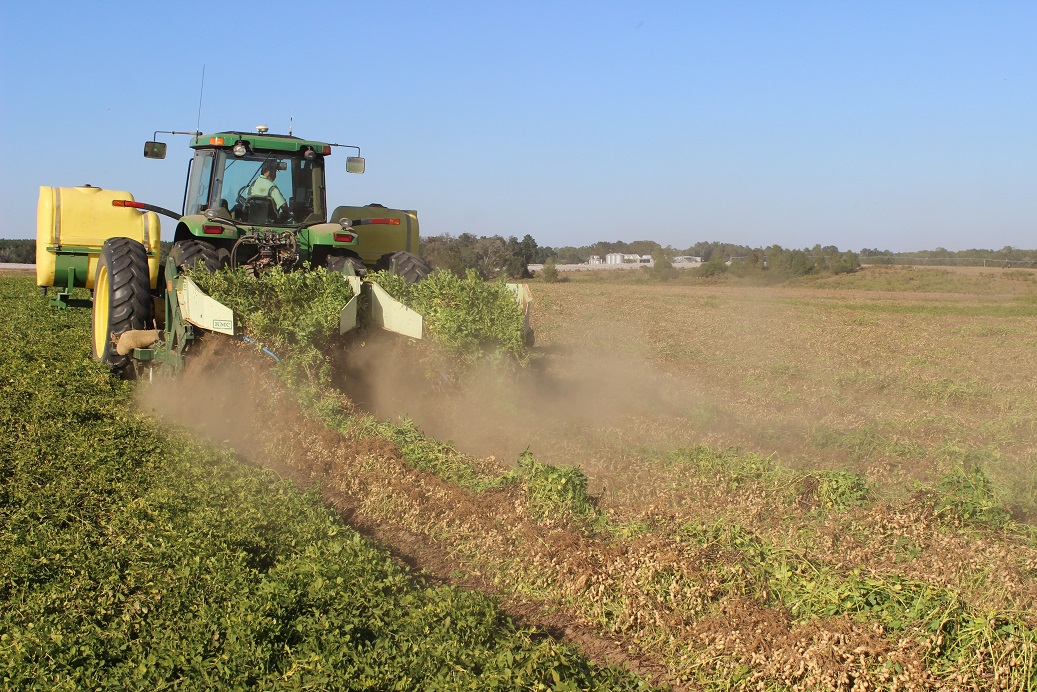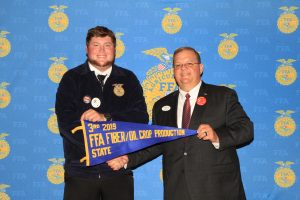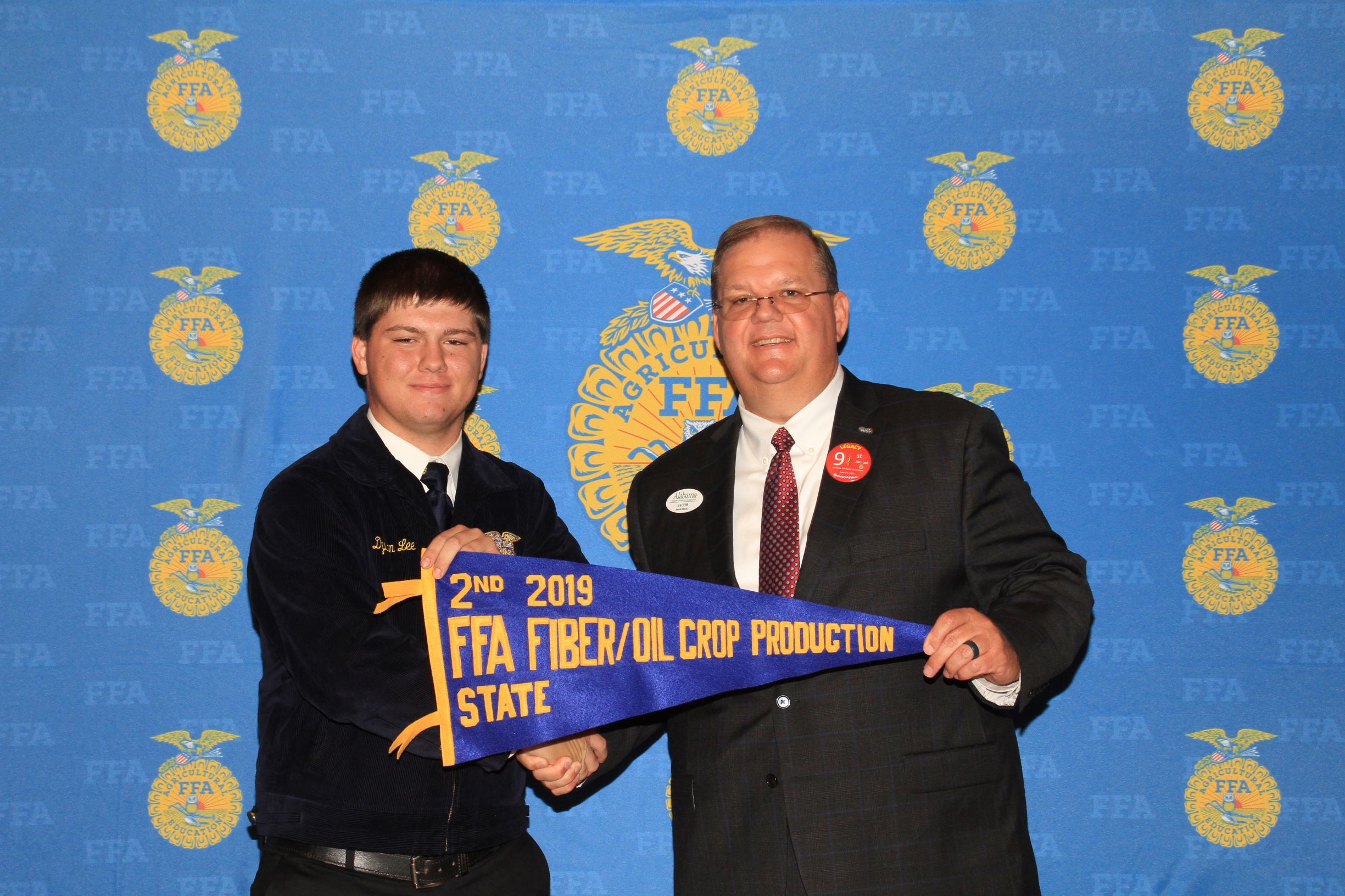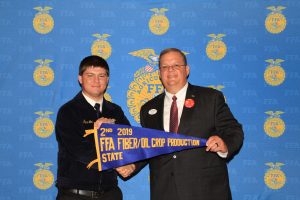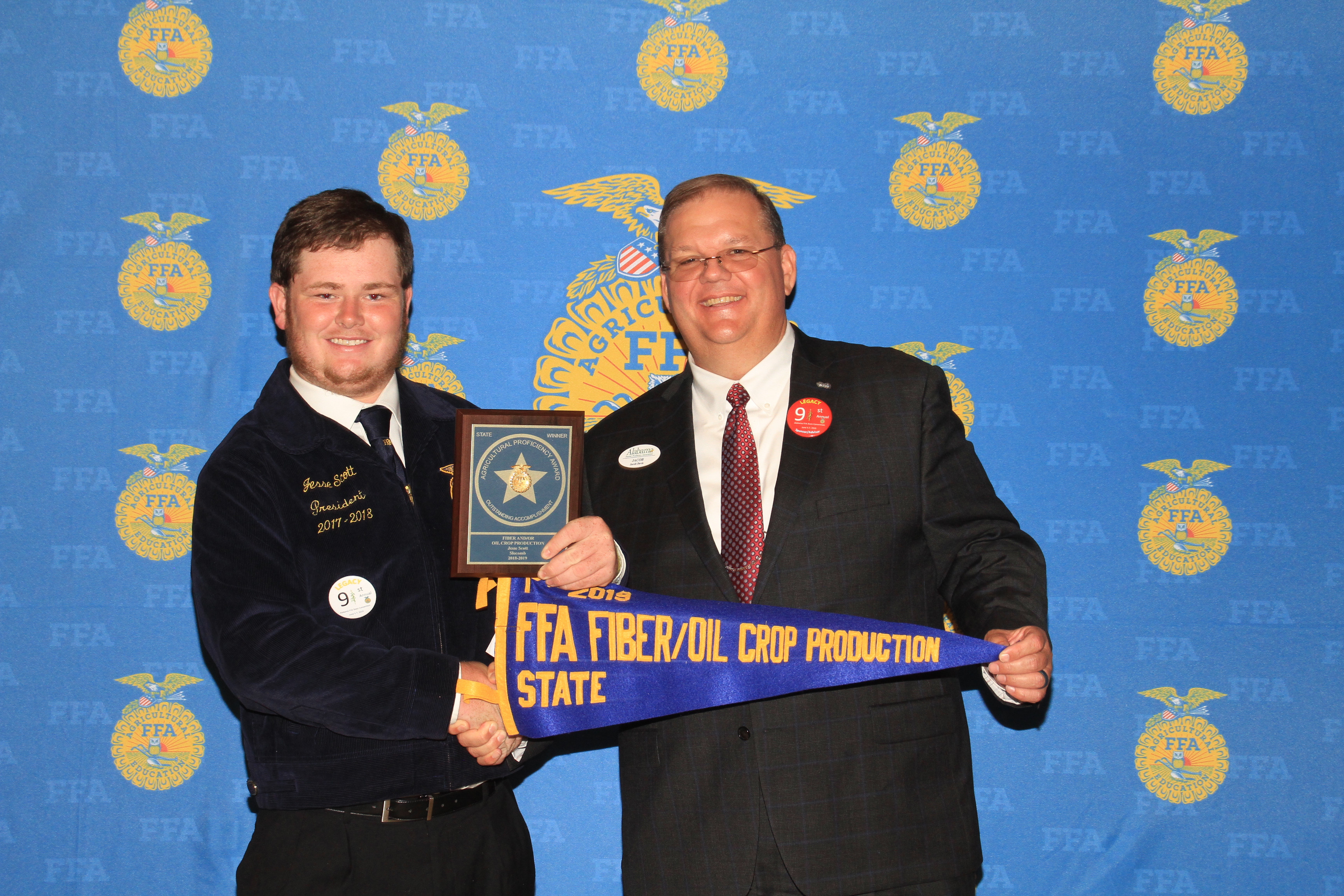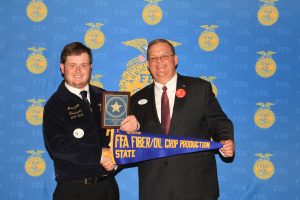(Washington, D.C., July 25, 2019) – U.S. Secretary of Agriculture Sonny Perdue today announced further details of the $16 billion package aimed at supporting American agricultural producers while the Administration continues to work on free, fair, and reciprocal trade deals.
In May, President Trump directed Secretary Perdue to craft a
relief strategy in line with the estimated impacts of unjustified retaliatory tariffs on U.S. agricultural goods and other trade disruptions. The Market Facilitation Program (MFP), Food Purchase and Distribution Program (FPDP), and Agricultural Trade Promotion Program (ATP) will assist agricultural producers while President Trump works to address long-standing market access barriers.
“We would like to thank President Trump and Secretary Perdue for assisting farmers that are facing unjustified tariffs,” said Carl Sanders, president of the Alabama Peanut Producers Association. “We are all for fair trade and appreciate our leaders for for trying to achieve that.”
“China and other nations have not played by the rules for a long time, and President Trump is the first President to stand up to them and send a clear message that the United States will no longer tolerate unfair trade practices,” Secretary Perdue said. “The details we announced today ensure farmers will not stand alone in facing unjustified retaliatory tariffs while President Trump continues working to solidify better and stronger trade deals around the globe.
“Our team at USDA reflected on what worked well and gathered feedback on last year’s program to make this one even stronger and more effective for farmers. Our farmers work hard, are the most productive in the world, and we aim to match their enthusiasm and patriotism as we support them,” Secretary Perdue added.
Background:
American farmers have dealt with unjustified retaliatory tariffs and decades of non-tariff trade disruptions, which have curtailed U.S. exports to China and other nations. Trade damages from such retaliation and market distortions have impacted a host of U.S. commodities. High tariffs disrupt normal marketing patterns, raising costs by forcing commodities to find new markets. Additionally, American goods shipped to China have been slowed from reaching market by unusually strict or cumbersome entry procedures, which affect the quality and marketability of perishable crops. These boost marketing costs and unfairly affect our producers. USDA is using a variety of programs to support American farmers, ranchers, and producers.
Details of USDA’s Market Facilitation Program (MFP)
MFP signup at local FSA offices will run from Monday, July 29 through Friday, December 6, 2019.
Payments will be made by the Farm Service Agency (FSA) under the authority of the Commodity Credit Corporation (CCC) Charter Act to producers of alfalfa hay, barley, canola, corn, crambe, dried beans, dry peas, extra-long staple cotton, flaxseed, lentils, long grain and medium grain rice, millet, mustard seed, oats, peanuts, rapeseed, rye, safflower, sesame seed, small and large chickpeas, sorghum, soybeans, sunflower seed, temperate japonica rice, triticale, upland cotton, and wheat.
MFP assistance for those non-specialty crops is based on a single county payment rate multiplied by a farm’s total plantings of MFP-eligible crops in aggregate in 2019.
Those per-acre payments are not dependent on which of those crops are planted in 2019. A producer’s total payment-eligible plantings cannot exceed total 2018 plantings. County payment rates range from $15 to $150 per acre, depending on the impact of unjustified trade retaliation in that county.
Dairy producers who were in business as of June 1, 2019, will receive a per hundredweight payment on production history, and hog producers will receive a payment based on the number of live hogs owned on a day selected by the producer between April 1 and May 15, 2019.
MFP payments will also be made to producers of almonds, cranberries, cultivated ginseng, fresh grapes, fresh sweet cherries, hazelnuts, macadamia nuts, pecans, pistachios, and walnuts. Each specialty crop will receive a payment based on 2019 acres of fruit or nut bearing plants, or in the case of ginseng, based on harvested acres in 2019.
Acreage of non-specialty crops and cover crops must be planted by August 1, 2019 to be considered eligible for MFP payments.
The MFP rule and a related Notice of Funding Availability will be published in the Federal Register on July 29, 2019, when signup begins at local FSA offices. Per-acre non-specialty crop county payment rates, specialty crop payment rates, and livestock payment rates are all currently available on
farmers.gov.
MFP payments will be made in up-to three tranches, with the second and third tranches evaluated as market conditions and trade opportunities dictate. If conditions warrant, the second and third tranches will be made in November and early January, respectively. The first tranche will be comprised of the higher of either 50 percent of a producer’s calculated payment or $15 per acre, which may reduce potential payments to be made in tranches two or three. USDA will begin making first tranche payments in mid-to-late August.
MFP payments are limited to a combined $250,000 for non-specialty crops per person or legal entity. MFP payments are also limited to a combined $250,000 for dairy and hog producers and a combined $250,000 for specialty crop producers. However, no applicant can receive more than $500,000. Eligible applicants must also have an average adjusted gross income (AGI) for tax years 2014, 2015, and 2016 of less than $900,000 or, 75 percent of the person’s or legal entity’s average AGI for tax years 2014, 2015, and 2016 must have been derived from farming and ranching. Applicants must also comply with the provisions of the Highly Erodible Land and Wetland Conservation regulations.
Many producers were affected by natural disasters this spring, such as flooding, that kept them out of the field for extended periods of time. Producers who filed a prevented planting claim and planted an FSA-certified cover crop, with the potential to be harvested qualify for a $15 per acre payment. Acres that were never planted in 2019 are
not eligible for an MFP payment.
In June, H.R. 2157, the Additional Supplemental Appropriations for Disaster Relief Act of 2019 was signed into law by President Trump, requiring a change to the first round of MFP assistance provided in 2018. Producers previously deemed ineligible for MFP in 2018 because they had an average AGI level higher than $900,000 may now be eligible for 2018 MFP benefits. Those producers must be able to verify 75 percent or more of their average AGI was derived from farming and ranching to qualify. This supplemental MFP signup period will run parallel to the 2019 MFP signup, from July 29 through December 6, 2019.
Details of USDA’s Food Purchase and Distribution Program (FPDP)
Additionally, CCC Charter Act authority will be used to implement an up to $1.4 billion FPDP through the Agricultural Marketing Service (AMS) to purchase surplus commodities affected by trade retaliation such as fruits, vegetables, some processed foods, beef, pork, lamb, poultry, and milk for distribution by the Food and Nutrition Service (FNS) to food banks, schools, and other outlets serving low-income individuals.


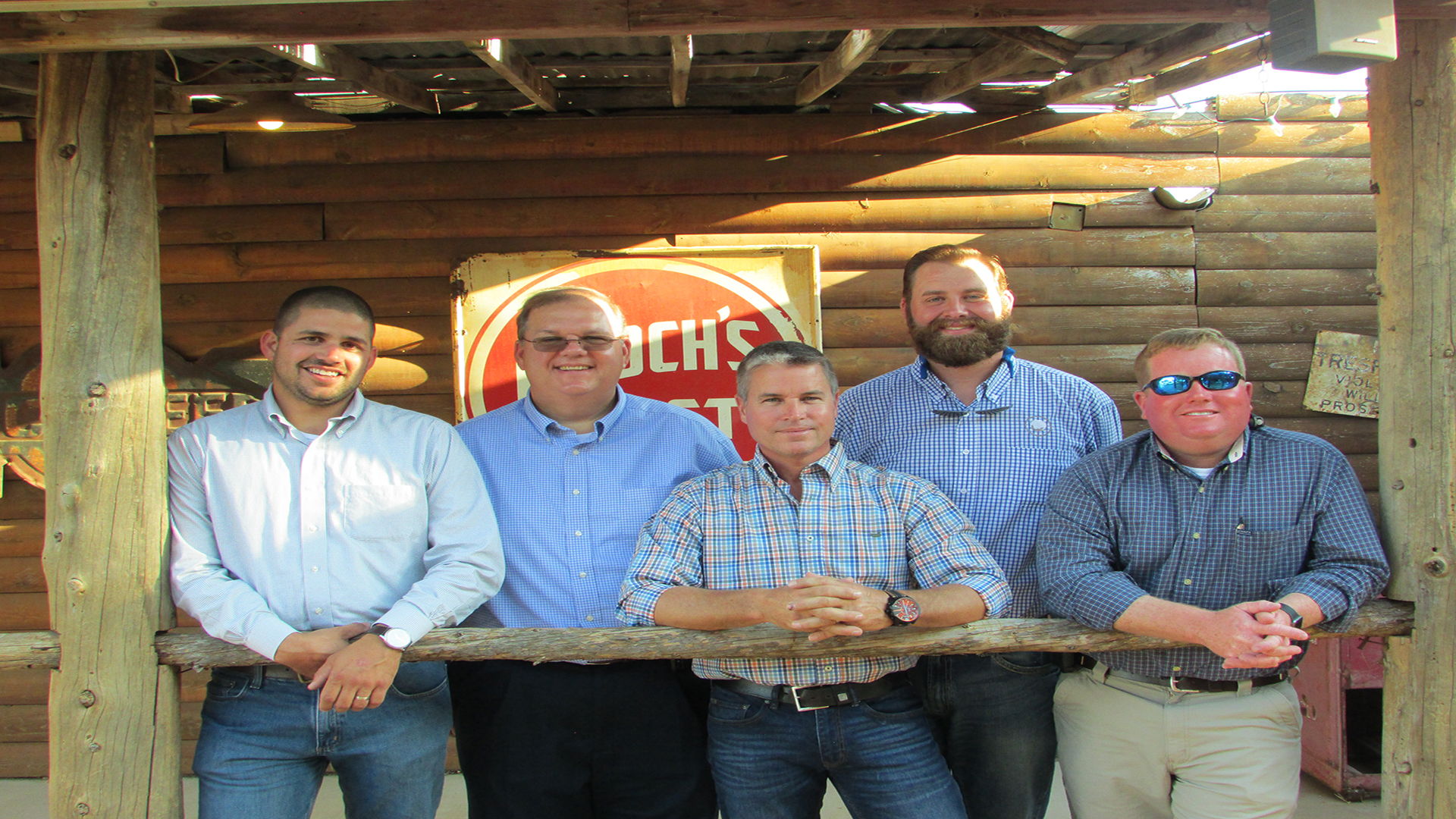
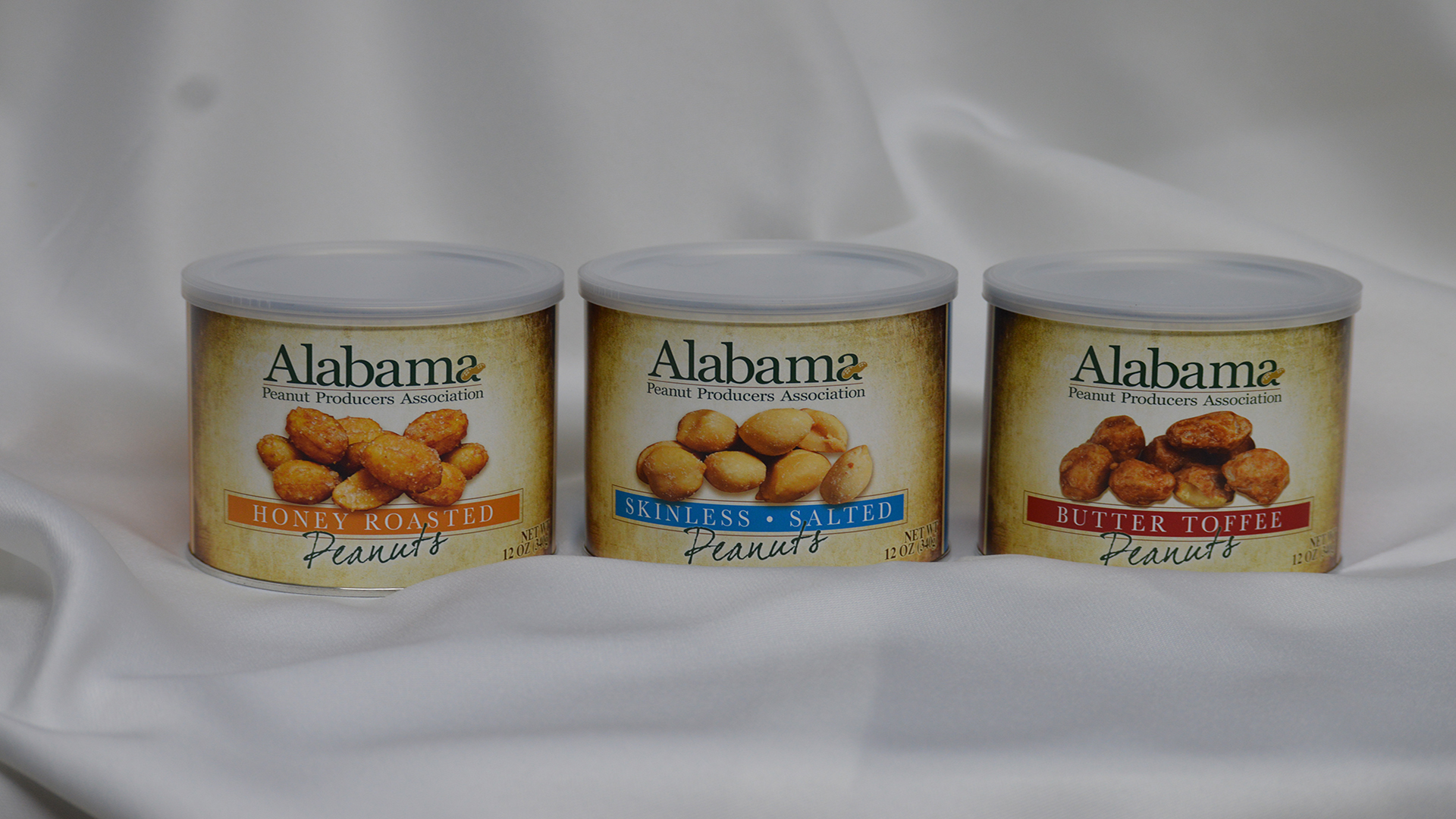
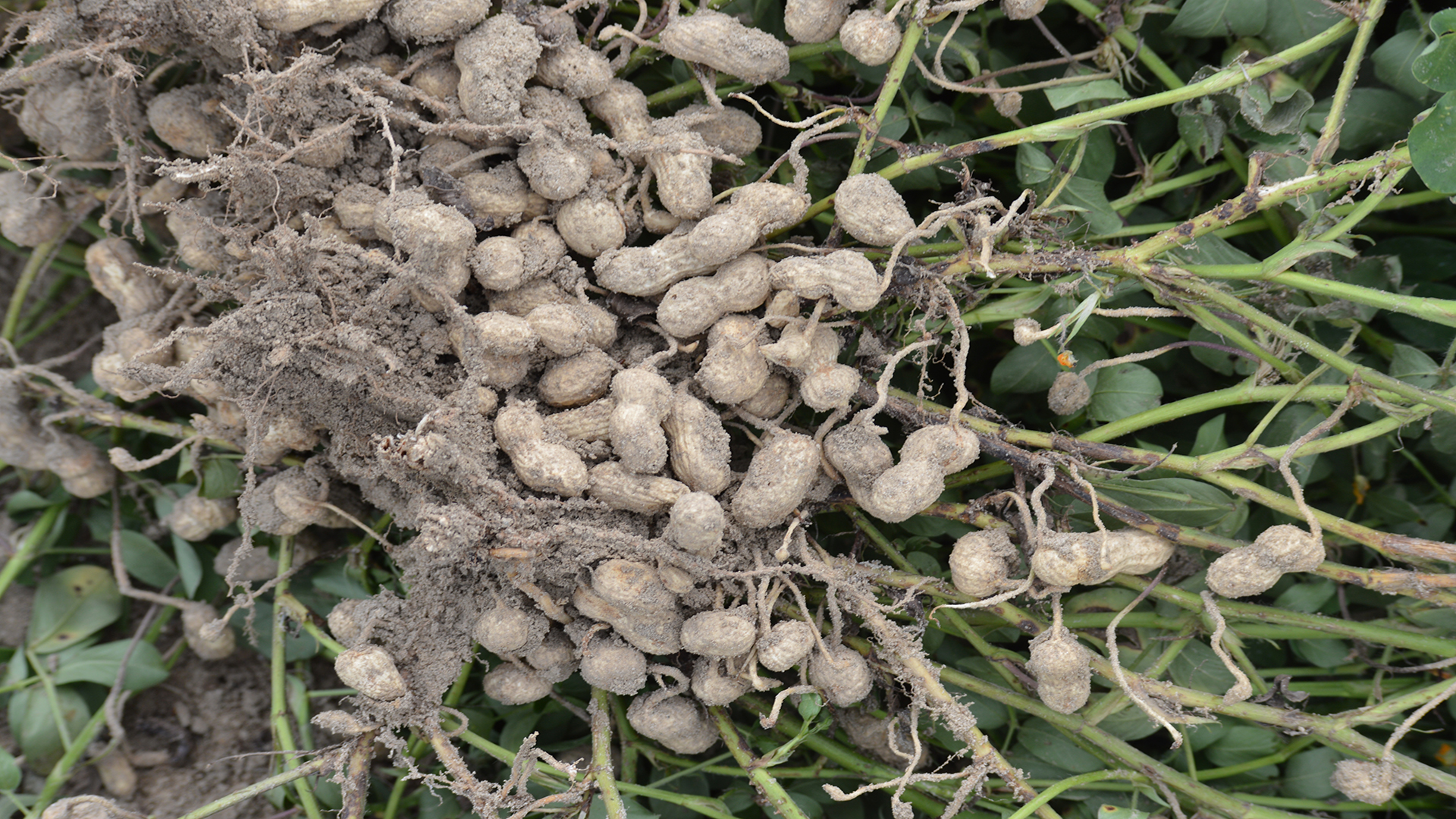
 .
.
